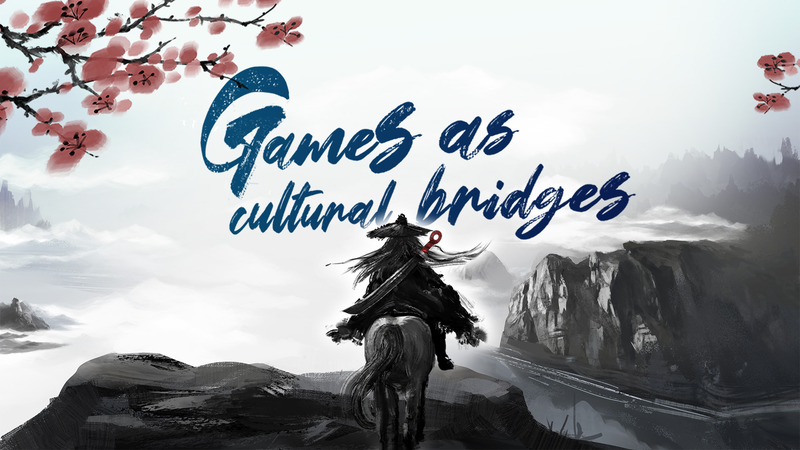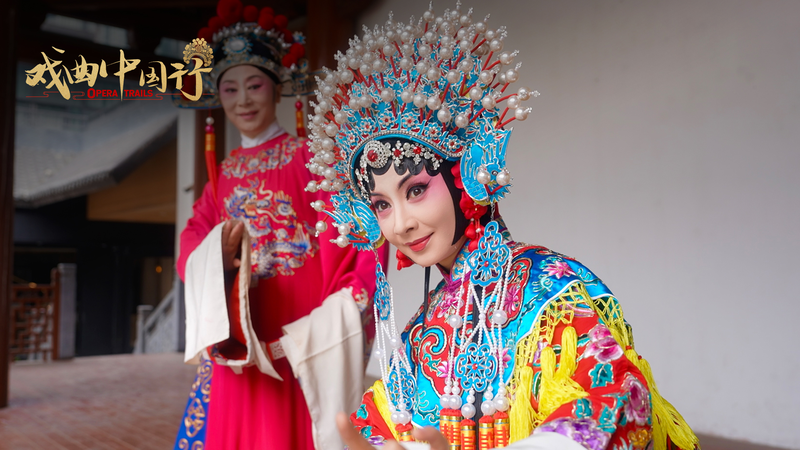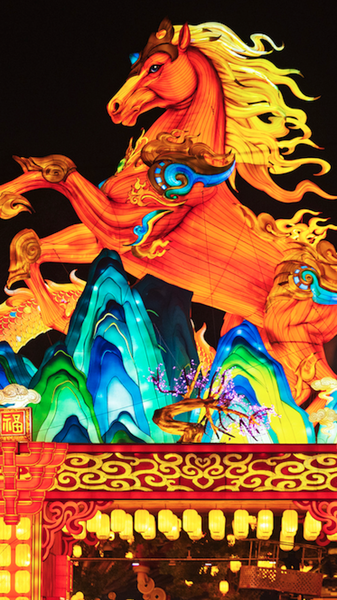From blockbuster epics to indie simulations, video games have evolved into immersive portals that transport players across borders and centuries. Game studies scholar Felania Liu of Beijing Normal University, curator of the Homo Ludens Archive—the first public video game archive in the Chinese mainland—argues that games are the next frontier for cultural exchange, powered by experiential authenticity.
Take Black Myth: Wukong. As millions of gamers roamed its ancient Chinese temples, their curiosity leapt off-screen: international streamers picked up the classic novel Journey to the West, fans built online mythology wikis, and real heritage sites saw a 300% spike in visitors. This shift from passive spectatorship to active exploration shows how games can spark genuine interest in new cultures.
Experiential authenticity goes beyond detailed graphics or accurate symbols. It is about making players feel fully present in the world by engaging with its rules and values. Instead of asking how well a culture can be depicted, designers ask how players can live its core principles.
Consider Papers, Please, the indie border-control simulation that turns players into immigration officers in a fictional authoritarian state. By checking passports and weighing moral dilemmas, gamers do more than hear about authoritarianism; they experience the tension and responsibility firsthand.
In games, the dao (principle) lives within the qi (form). Rules, narratives, and player choices become vessels for deeper values. Where a documentary might describe a ritual, a game invites you to perform it. This shift from one-way storytelling to interactive dialogue is how digital play can foster true cross-cultural understanding.
As virtual worlds grow richer and more nuanced, their power as cultural bridges only increases. For young global citizens, entrepreneurs, and digital nomads, games offer an immersive education you can’t get from textbooks—one that is interactive, collaborative, and deeply human. In the age of experiential authenticity, cultural exchange is no longer observed; it’s played.
Reference(s):
Games as cultural bridges: The power of experiential authenticity
cgtn.com




